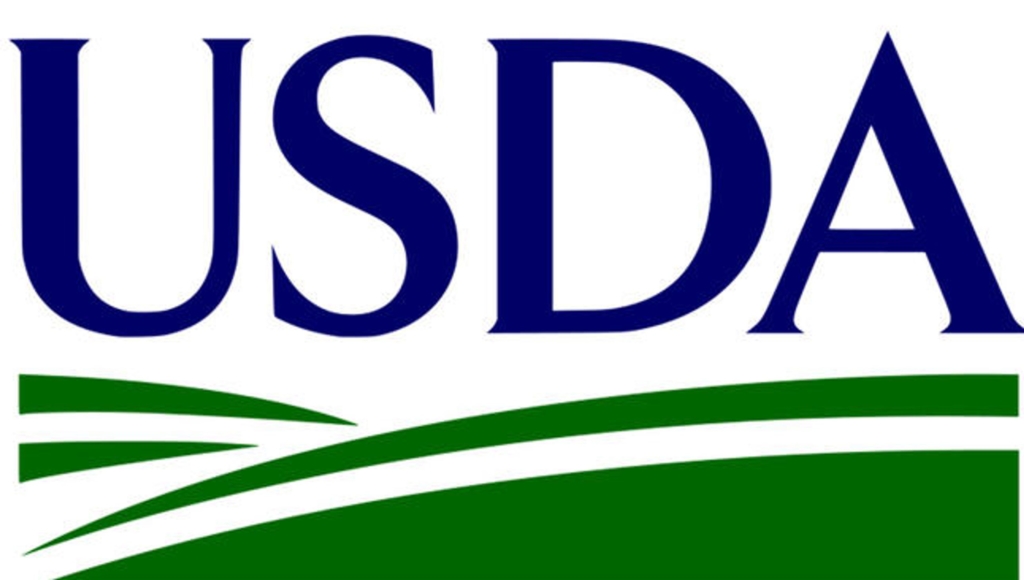By Andrew Victor and Robert Nichols
Implementers of federal awards — either through grants or cooperative agreements — should be aware of the lessons contained in St. Bernard Parish Government v. United States, a decision issued by Court of Appeals for the Federal Circuit on February 15, 2019. The decision not only narrows the relief available to implementers under cooperative agreements but also emphasizes for implementers the importance of understanding the legal framework of funding streams.
The case arose from a cooperative agreement entered into by the U.S. Department of Agriculture’s Natural Resources Conservation Service (USDA) and St. Bernard Parish, a state governmental entity in Louisiana. The cooperative agreement provided that USDA would reimburse the parish for watershed restoration work. The parish hired a contractor to do the work, but when it submitted documentation to get reimbursed, the USDA refused to accept all of the documentation and did not completely reimburse the amounts requested by the parish, about $360,000.
Reaching an impasse with USDA, the parish brought suit in the Court of Federal Claims. Its suit, however, was cut short when the court granted a government motion to dismiss. In rejecting the parish’s claims, the court ruled that the cooperative agreement was not a contract because the federal government did not receive any consideration or direct benefit.
On appeal, Judge Bryson for the Federal Circuit affirmed, but on grounds separate from the arguments advanced by the parties. The Federal Circuit ruled that the cooperative agreement at issue was awarded by USDA pursuant to the Federal Crop Insurance Reform and Department of Agriculture Reorganization Act of 1994. That statute provides for a comprehensive scheme of administrative review subject to district court judicial review under the Administrative Procedures Act. As such, the parish could not bring its claim in the Court of Federal Claims.
The issue of whether the 1994 statute had displaced possible Court of Federal Claims’ jurisdiction must have come as an unpleasant surprise to St. Bernard Parish. Neither it nor the USDA argued the issue at the trial court or initially on appeal. And at oral argument, it was the Federal Circuit that raised the issue. The takeaway is that implementers would be wise to consider the statutory scheme under which they received an assistance award when determining the applicable administrative and judicial processes for appealing an administrative decision.
Lastly, St. Bernard reminds implementers that bringing a claim in the Court of Federal Claims requires demonstrating that the vehicle — whether labeled a contract, grant, or cooperative agreement — constitutes an enforceable contract by having consideration and a direct benefit flowing to the federal government.
